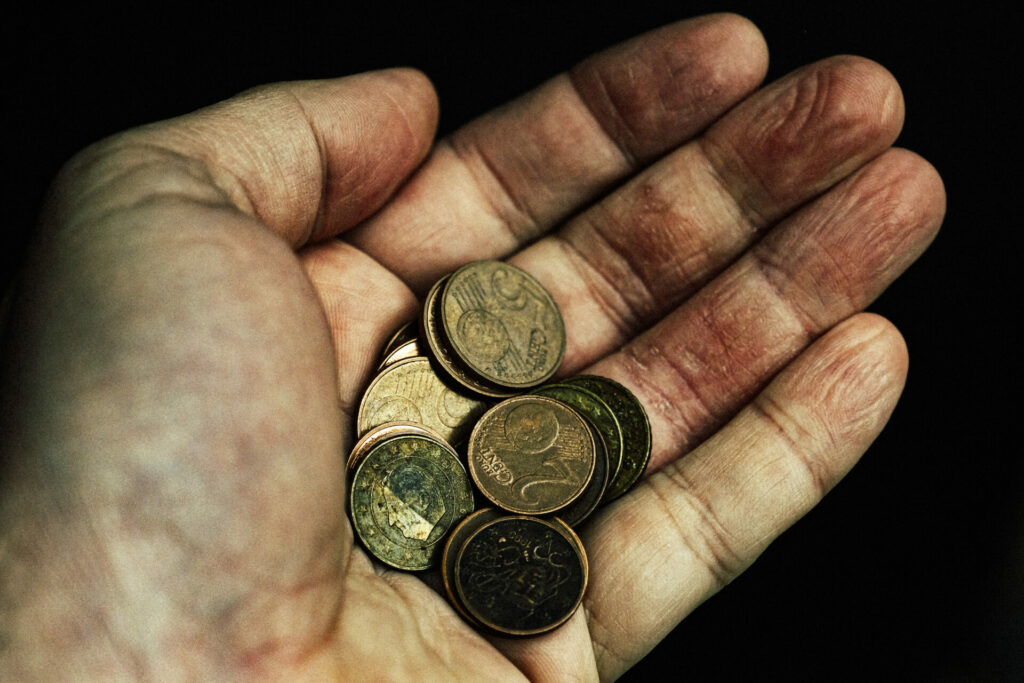Poverty rates dropped last year in Belgium, however, those living in poverty became poorer, and as a result of the increased cost of living, the lower middle class is also increasingly relying on support from social services.
In 2021, fewer people were living in poverty in Belgium than two years earlier, however, at the end of the year, a reversal was noted, according to the latest Poverty Barometer visualising the evolution of poverty in Belgium, as reported by VTR NWS.
It showed that, since September last year, those who were poor became poorer as a result of the skyrocketing energy prices. Demand for help from food banks and Belgium's Public Centres for Social Welfare (CPAS) increased at this point.
At the end of last month, CPAS already said the massive spike in the cost of energy, notably gas and electricity prices, was forcing more Belgians to turn to them for support.
The gap between poor people's income and the poverty threshold in Belgium is growing, and they are increasingly facing difficult choices about whether to pay their energy bills or spend money on necessary groceries. For many people with lower incomes in Belgium, the cost of energy bills is also exceeding their monthly wages.
Last year, more than 95.4 million people in the EU, representing one in five people, were at risk of poverty or social exclusion, according to figures published by Eurostat on Thursday.
Affecting larger group
Notably, people who are usually more financially resistant are now also worse off, and the Belgian middle class is increasingly turning to CPAS for financial help, as was already the case at the worst point in the pandemic.
Meanwhile, in 2021, more than 177,000 people in Belgium sought help from Food Banks every month, a record. In the first half of this year, the figure rose even further to 204,000. The number of files for debt mediation has also risen, and are now one-fifth higher than before the pandemic.
According to Decennium Doelen, which brings together all Belgian anti-poverty organisations, mutual societies, trade unions and civil society organisations, more support measures from the government are desperately needed, from long-term energy measures to more social housing.
Related News
- Around 40% of Belgians risk falling below the poverty line, says economist
- 'Get a grip': Energy bills exceed monthly wage in 16 countries, including Belgium
"Belgium must also work on increasing people's income. Increases through indexation and social minima are important, but not enough for runaway price rises. Also, the social tariff should be temporarily extended to the low middle class," Anne Van Lancker, Chair of Decenniumdoelen, said.
She added that, when introducing these measures, the government should take into account people in poverty. "I understand that governments are now thinking of general measures that help everyone, but what bothers us is the assumption that people in poverty are already being served enough."

